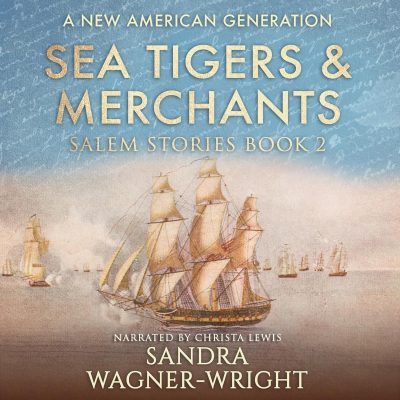|
Listen to or download this article:
|
Robert Dugoni’s novel, The World Played Chess examines the demands of society and family, through the dawning adulthood of three different men in three different eras.
Vincent Bianco, a Southern California lawyer raises his teenage daughter and high-school-senior son. He unexpectedly receives the Vietnam journal of William Goodman, with whom he had worked construction in 1979. Goodman scribbled the journal in pencil during desperate breaks in his service in Vietnam. This record describes Goodman’s harsh initiation and horrifying acclimatization to the war.
Mirroring the Marine’s rapid maturation in the jungles of southeast Asia, Bianco recalls his own privileged coming of age. He compares it with his son Beau’s coming of age in present-day 2016 and 2017. With each entry in Goodman’s journal, Bianco remembers conversations, events, and decisions of his own pivotal summer. He sees similar decisions play out in his son’s life. What happens when they make decisions without thought, in frustration, or when they don’t make decisions at all?
Tragedies and near-tragedies mark all three of the novel’s timelines. The three primary characters think and overthink their choices.
Goodman’s squad leader, Victor Cruz emerges as the true protagonist of the story. Victor watches over Goodman during his time in Vietnam, providing contrast to Goodman’s background. His actions after Goodman suffers a wound and returns to duty provide the impetus for the shocking key moment in this novel.
We all must determine who we will be. Men, according to Dugoni, find this choice critical to a good life.
Dugoni picks at the threads that have woven the lives of his most important characters. What leads to our academic careers and work lives, what brings us together with the people we care for? These questions, while not always clear, have crucial and sometimes horrible consequences. In the end, we are faced with the lives we have led and can either come to terms with them or not. Either way, one question remains: do we deserve our fates?
Dugoni’s novel zigs and zags, just like the decisions and events that comprise human life. The reader can come to a conclusion about the novel’s characters in a gestalt way, only in the end realizing how artfully the author has led them to self-examination. We live our lives in moments, and, like William Goodman, Vincent Bianco, Beau Bianco, and Victor Cruz, we get the lives we deserve — even if we don’t deserve them.











Leave A Comment